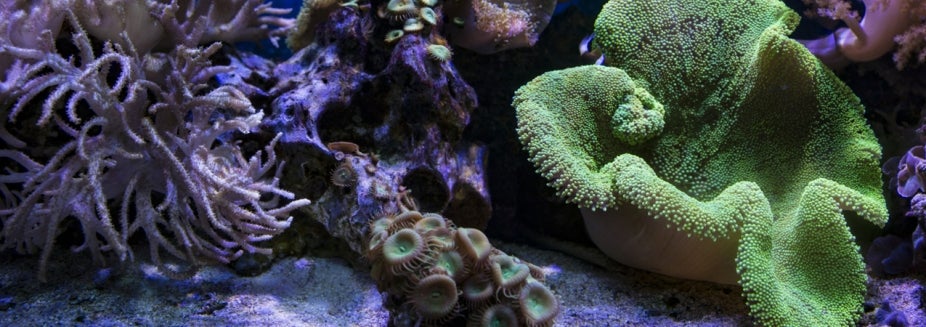Coral Reefs and Climate Change
Since the beginning of the industrial revolution, the Earth’s average temperature has been rising, and the ocean's pH has been declining. Climate change is often recognized by melting ice in polar regions and changes to glaciers. But climate change also affects the tropical oceans and ecosystems. Warmer ocean temperatures and ocean acidification are affecting coral reef ecosystems worldwide. Learn how climate change affects coral reefs and what scientists are doing to find solutions.
Joanie Kleypas
Joanie Kleypas is a marine ecologist who works jointly within the Climate and Global Dynamic laboratory's Oceanography Section and NSF NCAR’s Integrated Science Program. She investigates how rising atmospheric carbon dioxide affects marine ecosystems, and specializes in the global condition of coral reefs. She was one of the first scientists to illustrate the potential impacts of ocean acidification on marine calcifiers, and has been heavily involved in the topic since 1998. She has served on many national and international committees to help define and tackle the problem, and has testified multiple times to the U.S. Congress on the topic of marine ecosystems and climate change. She is an Aldo Leopold Leadership Fellow, and has given numerous educational and public talks on ocean acidification; she is the 2009 recipient of AGU’s Rachel Carson Award as well as the 2011 recipient of the prestigious Heinz Award for the Environment. She is a self-described optimist who is committed to finding solutions to the "coral reef crisis."
